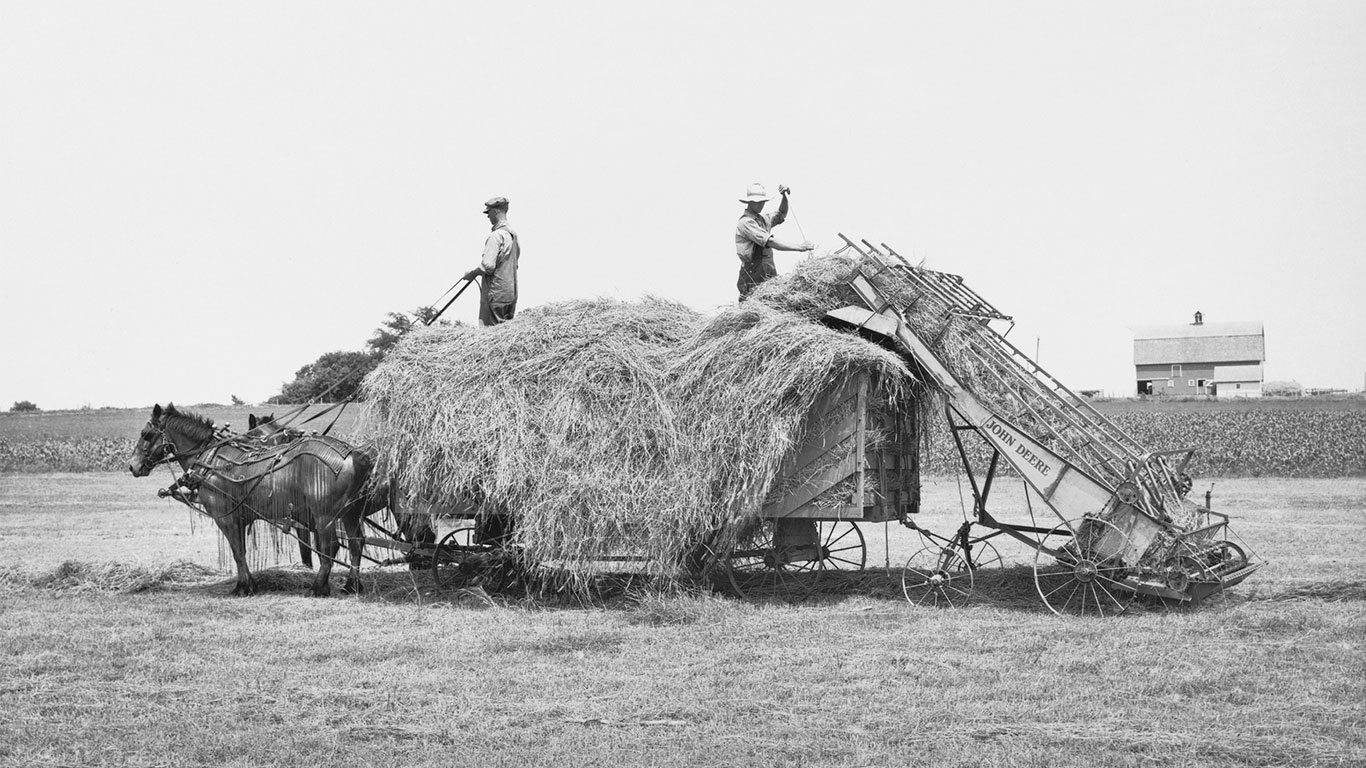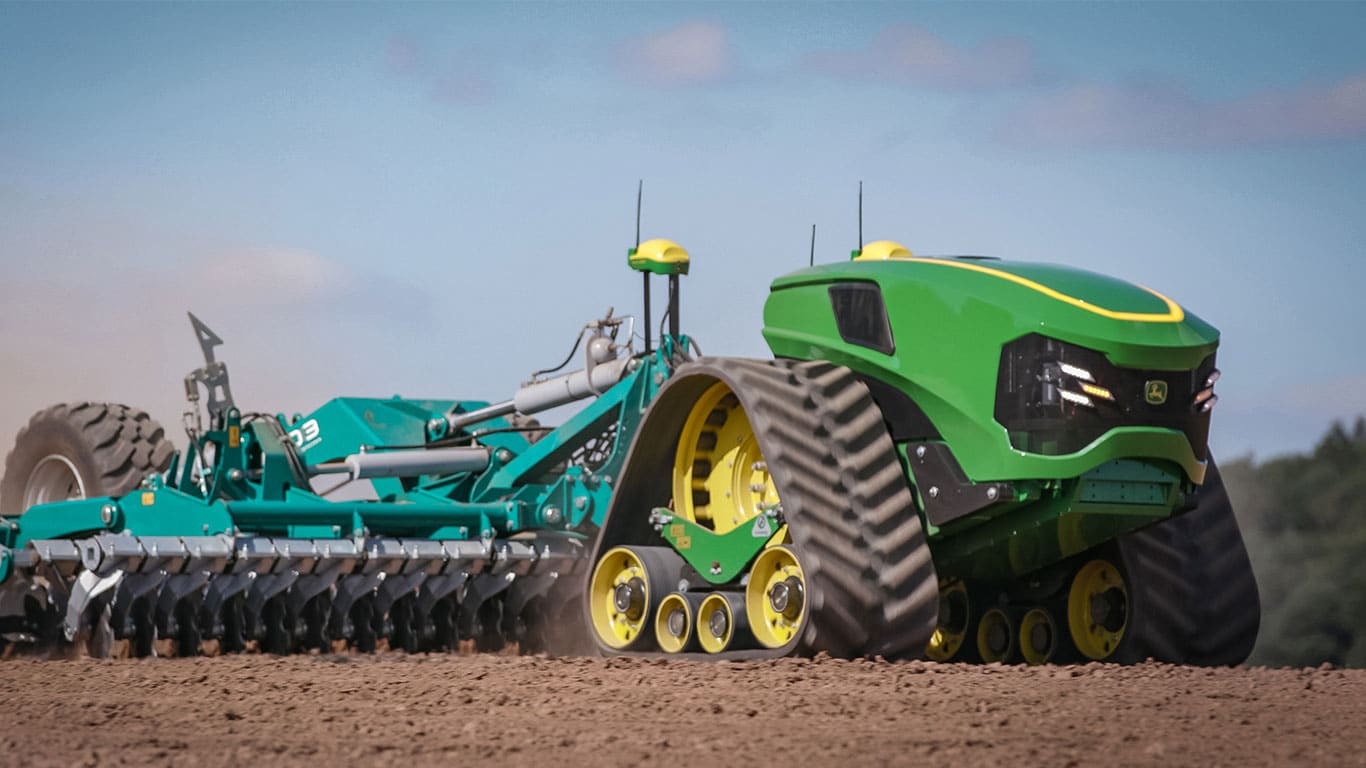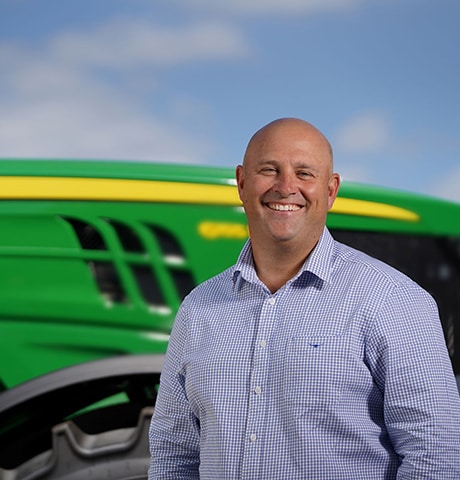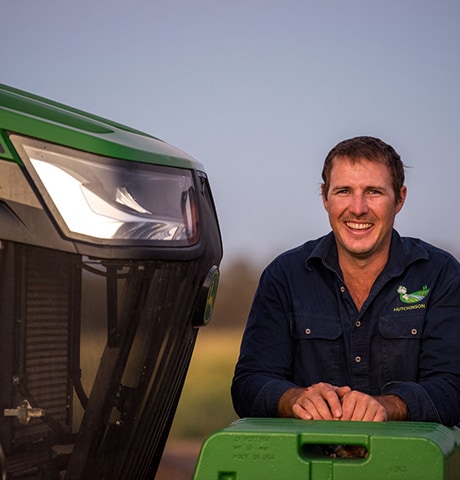Agriculture, AgTech February 11, 2021
AgTech is not new, it's been around for hundreds of years
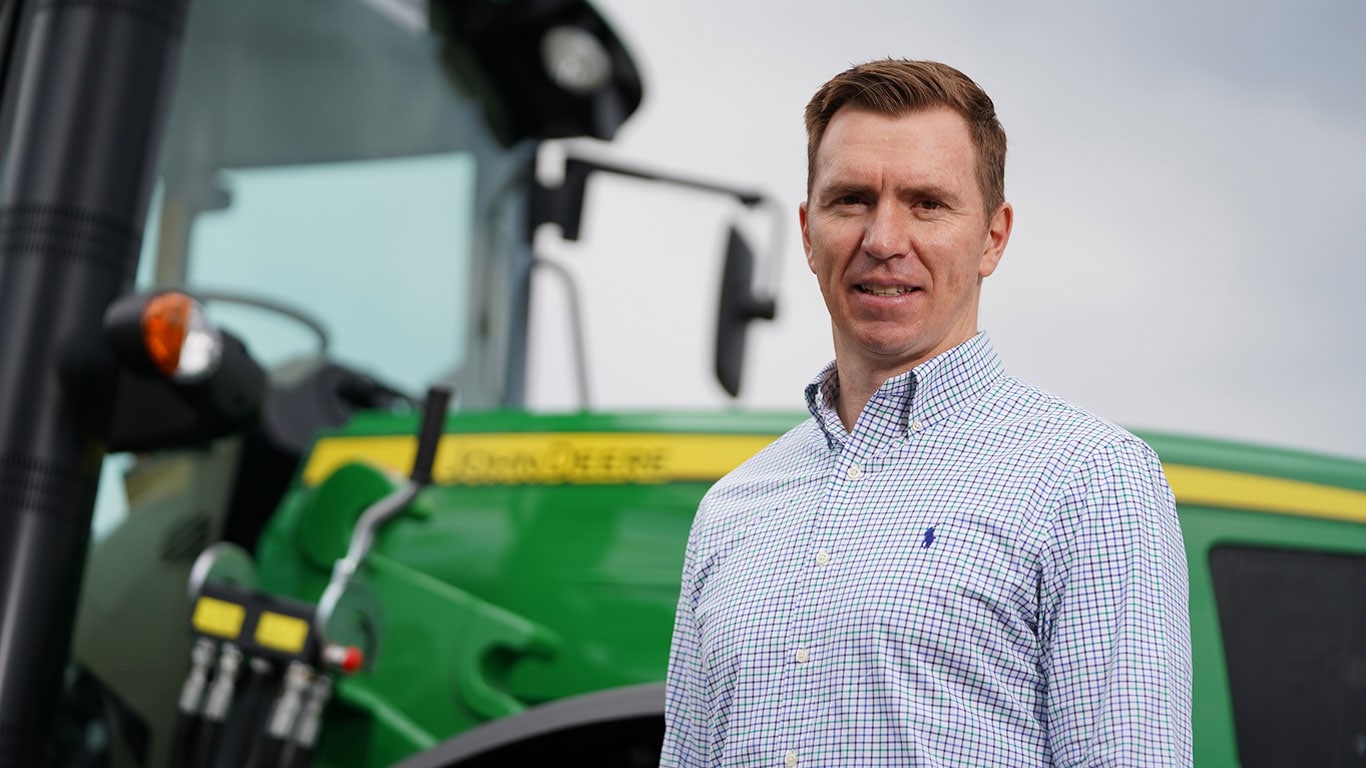
Production System Manager — Production & Precision Ag Ben Kelly says while AgTech isn't new it is now transforming agriculture at a much faster speed.
The interest surrounding agricultural technology has exploded in recent years, with an inundation of media coverage, conferences, think tanks and online blogs earmarking 'AgTech' as the dawn of a new era that will revolutionise how we produce food and fibre.
And, it is true, AgTech will indeed change both the way we farm and the way we consume by transforming primary producers' ability to harness the power of data in decision-making to boost production and profitability, while underwriting a more efficient, transparent and sustainable agricultural sector.
But to truly understand the deep-rooted change AgTech will bring, it helps to view it as part of a timeline of innovations that have played out in farming for hundreds of years – it's just the pace of new ideas and associated production gains that is now increasing.
In my mind, one of the best examples of AgTech disrupting agriculture in the past century was the introduction of the engine. The horse-drawn plough, a mainstay of agriculture in the 1900s, went on to be superseded by the efficiency of the engine and the transition to farm mechanisation. This was a foundational step in farming's history, although it took 30 to 40 years for tractors to outnumber horses in agriculture.
From there, it was advances in engine power and efficiency which rendered older models of tractors out-of-date, before the next step-change was delivered through the integration of electronics and computers into machine operating systems in the 1980s and 1990s. Not too long after, Global Positioning Systems (GPS) moved this further forward by facilitating the automation of machine guidance as we headed towards the year 2000.
The rise of internet connectivity and sensors throughout the 2010s, and the automation of data collection, has made AgTech one of the most important and talked about progressions in food and fibre production in recent memory.
As we progress further, connected sensors embedded across farm equipment will generate 'Big Data sets that will feed machine learning and artificial intelligence (AI) systems, to enable machines to make independent decisions and then carry them out with advanced robotic systems.
The key technology advancements we are seeing today in sensors, data analytics, AI and robotics will become the foundational technology for the autonomous agriculture of tomorrow – but this will be a transition over a number of years, rather than an instant boom.
The workforce needs of the agricultural supply chain will continue to evolve, and at a rapid pace in response to gains in technology and the shifting demands of consumers. Farmers will require enhanced skills across management, strategy and computing and less in hands-on labour, while people with transferable tech capabilities will need to be drawn to live and work in rural and regional areas. Investment in education will also need to extend to ensuring pathways that yield highly-trained agricultural professionals and be complemented by the promotion of the farm sector as a career option with rich and diverse opportunities.
It also almost goes without saying that a consistent stream of capital and investment in AgTech will be needed, not just to fund new innovation and to support incubators and accelerator programs, but to ensure the valuable research and development that is undertaken is commercialised and implemented.
But, like the 40 years it took for tractors to replace horses, all of this will take time. The economics will need to stack up, the value for the famer must be evident and the adoption of automation will undoubtedly look different across the broad spectrum of agricultural enterprises.
AgTech's evolution will always be underpinned by the drive to provide farmers with the tools to do more with less, and the benefits of this extend well beyond the performance of the farm. There is no doubt the adoption of AgTech also brings more time for family, while more efficient production also delivers key economic and environmental outcomes — for the benefit of people and the planet. John Deere is committed to leading the world in farming automation and firmly believes that, like the horse, the engine, GPS and internet connectivity before it, modern AgTech will ensure a more profitable, efficient and sustainable farming future. We're also confident it is through these gains and shifts in operations the agriculture industry will foster an even more trusting, transparent and meaningful relationship with the people who consume what it grows.
About Deere & Company:
Deere & Company (NYSE: DE) is a world leader in providing advanced products and services and is committed to the success of customers whose work is linked to the land - those who cultivate, harvest, transform, enrich and build upon the land to meet the world's dramatically increasing need for food, fuel, shelter and infrastructure. Since 1837, John Deere has delivered innovative products of superior quality built on a tradition of integrity. For more information, visit John Deere at its worldwide website at JohnDeere.com or in Australia at JohnDeere.com.au.
